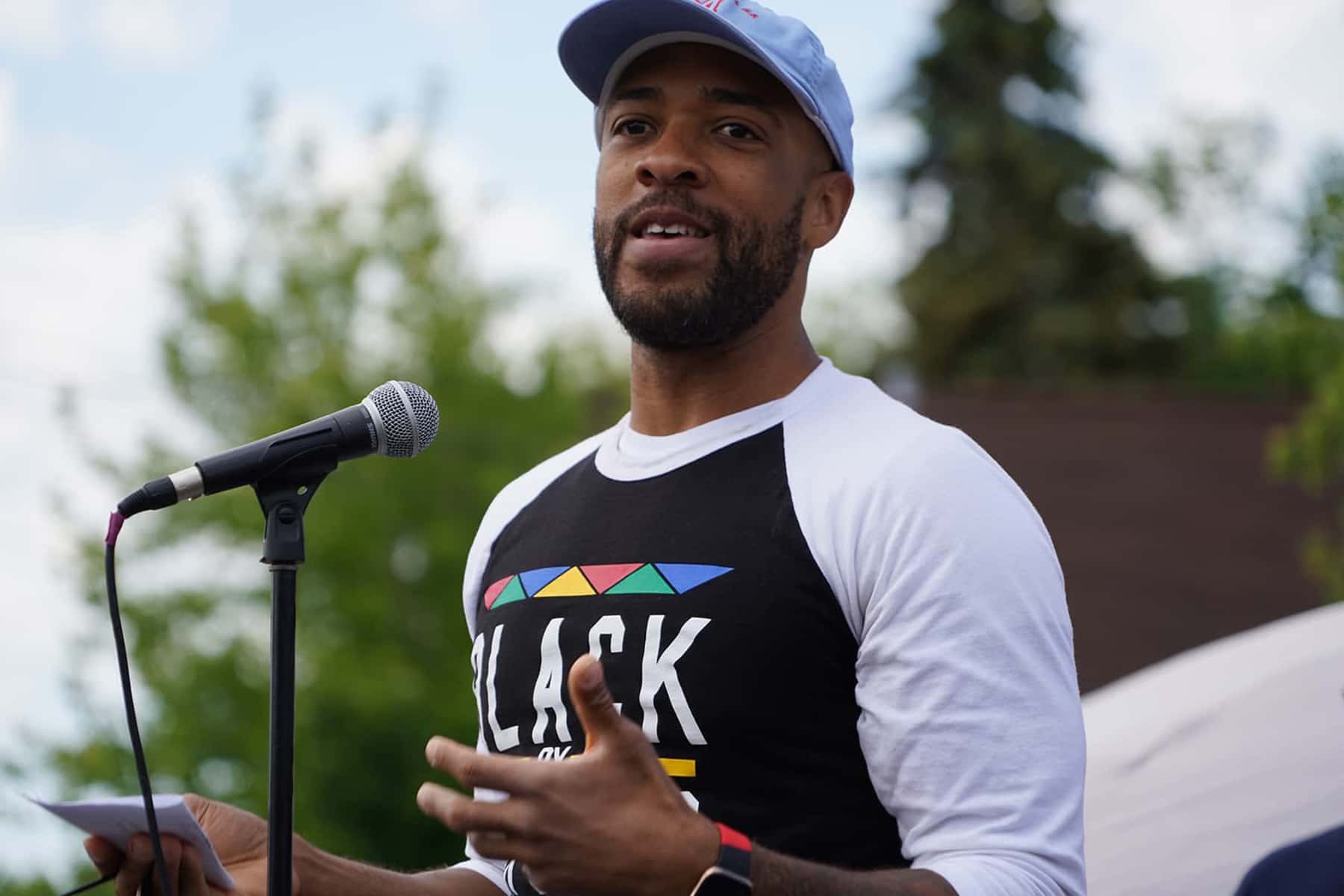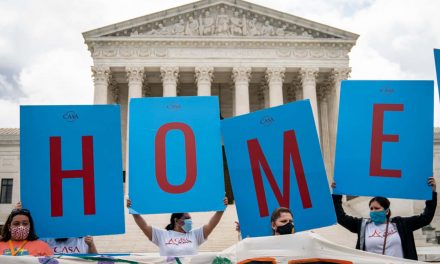
Lt. Governor Mandela Barnes officially joined the crowded Democratic field for the U.S. Senate seat on July 20, vying to become the first African American from Wisconsin to serve in the Senate.
The office is currently held by Republican Senator and Trump ally Ron Johnson. The 34-year-old Barnes is the first Black lieutenant governor in Wisconsin history. He is giving up a chance to run for a second term in 2022 as the running mate of Governor Tony Evers. Instead, Barnes becomes the eighth Democrat to enter the race, with an ninth expected to get in soon.
During his announcement speech in Milwaukee where he grew up, Barnes called for “leveling the playing field” by fighting for family-supporting jobs, combatting gun violence, creating a more fair immigration system, improving health care, addressing climate change and protecting democracy and the right to vote.
“We can, today, build a movement for justice,” Barnes said to a crowd that included his former colleagues in the state Assembly and various local officials from Milwaukee and Madison. “I’m running for the Senate to provide opportunity, to fight for hard-working people.”
Barnes has for years said the Democratic Party must do a better job connecting with young people and people of color. He played up his middle-class upbringing in his announcement, noting that his father held a union job on an assembly line and his mother taught for more than 30 years in Milwaukee public schools.
Barnes served four years in the state Assembly from 2013 to 2017, first elected at age 25. Rather than seek a third term in 2016, he ran for the state Senate against Democratic incumbent Sen. Lena Taylor and lost in the primary.
Barnes won the Democratic primary for lieutenant governor in a blowout in 2018 and was then paired with Evers. They went on to defeat then-Governor Scott Walker and Lt. Governor Rebecca Kleefisch. She is expected to run for governor against Evers next year.
Barnes’ decision to join the Senate race opens the field for lieutenant governor. Evers does not get to choose a running mate, which will be decided in the August 2022 primary. Evers was expected to name his preferred running mate soon.
In a statement, Evers praised Barnes as a “good friend” and “great partner,” but stopped short of endorsing him. Evers said Democrats were lucky to have strong candidates to take on Johnson and “send him packing.”
In the 2018 campaign, Barnes accused Walker of ignoring “people who look like me” and saying then-President Donald Trump wanted to create “a superior race.” Barnes also was outspoken following the Kenosha police shooting last summer of Jacob Blake, a Black man. Barnes criticized Trump for visiting the city amid protests after the shooting. And Barnes was critical of how police reacted to Kyle Rittenhouse, a white teenager who shot and killed two protesters during a violent night of protests.
The job of lieutenant governor has few official duties. Evers tapped Barnes to lead the governor’s task force on climate change, releasing a report in December that included 55 policy recommendations. He has also advocated for tighter gun control laws and redistricting reform, issues that Evers has championed as governor.
Barnes also took a swipe at Johnson, saying he is part of a “broken” U.S. Senate that is dividing the people, rather than delivering for them. Johnson has not said yet whether he will seek a third term, but through June he had raised more money than any of the Democratic candidates at that point.
Other Wisconsin Democrats in the Senate race are: state Treasurer Sarah Godlewski; Outagamie County Executive Tom Nelson; state Senator Chris Larson; Alex Lasry, who is on leave from his job as a Milwaukee Bucks executive; Dr. Gillian Battino, a Wausau radiologist; attorney and Democratic Party activist Peter Peckarsky; and Adam Murphy, an information technology business owner from Franklin.
Scоtt Bаuеr
Lee Matz














